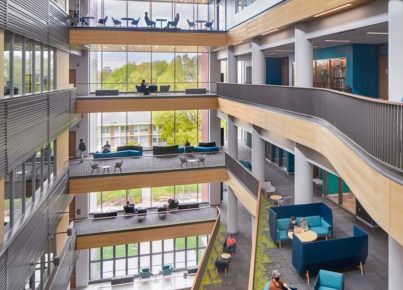As the first in their family to pursue higher education, first-generation college students face unique challenges that can impact their academic success and overall college experience. Without the guidance and support of family members who have navigated the college landscape before them, first-generation students often must rely on their own initiative and resourcefulness to navigate the complexities of college life. However, institutions of higher education can play a critical role in supporting these students by adopting intentional strategies to promote their success.
Research has shown that first-generation students are more likely to experience feelings of isolation, imposter syndrome, and uncertainty about their academic and career paths. They may also struggle with financial burdens, family obligations, and cultural adjustments that can make it difficult to balance academic responsibilities with other aspects of their lives. To address these challenges, colleges and universities must be intentional in their efforts to provide targeted support and resources that cater to the specific needs of first-generation students.
One key strategy is to provide early and sustained support through summer bridge programs, mentorship initiatives, and academic advising that is tailored to the needs of first-generation students. These programs can help students develop a sense of belonging, build relationships with peers and faculty, and gain a deeper understanding of academic expectations and opportunities. Additionally, institutions can provide financial support through scholarships, grants, and emergency aid programs that recognize the unique financial challenges faced by first-generation students.
Institutions can also foster a sense of community and connection among first-generation students by creating dedicated spaces and programs that bring them together. This can include first-generation student organizations, peer mentoring programs, and cultural events that celebrate the diversity and resilience of first-generation students. By creating a sense of belonging and connection, institutions can help first-generation students feel more confident, motivated, and supported in their academic pursuits.
Ultimately, the success of first-generation students requires intentionality and a commitment to understanding and addressing their unique needs and challenges. By providing targeted support, resources, and opportunities, institutions of higher education can play a critical role in promoting the success and well-being of these students, and helping them achieve their full potential.





